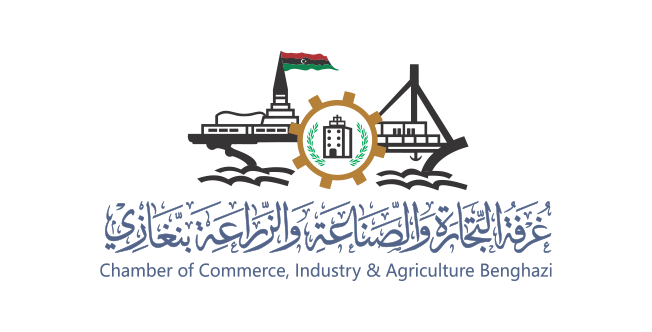Libya-Turkey Trade Forum in Benghazi Aims to Boost Non-Oil Cooperation
BENGHAZI, Libya – The Benghazi Chamber of Commerce announced that it will host a Libyan-Turkish Forum for the Children’s and Infants’ Clothing Sector in Benghazi from Nov. 8 to 9. The two-day meeting is being organized in cooperation with Turkish industry bodies and is expected to bring Turkish children’s apparel manufacturers together with Libyan importers and retailers. Participants say the goal is to foster trade and joint projects in an industry that Libya currently fills almost entirely by importing.
Libyan officials emphasize that such events fit into a broader economic diversification strategy beyond oil. In a recent Benghazi investment workshop, Libya’s Minister of Investment stressed the need to diversify Libya’s economy beyond oil through sustainable investments. Organizers of the clothing forum say it will highlight the role of small and medium enterprises in non-oil sectors, and draw on Turkish experience to help Libya’s private sector grow.
Turkey is already one of Libya’s largest trading partners, especially in consumer goods. Before the 2011 conflict, bilateral trade with Turkey reached around $10 billion, and in recent years Libya-Turkey trade has been roughly $2.5 billion per year. Turkish officials note that Turkey has become Libya’s second-largest source of imports. In practical terms, Libya’s apparel market has been dominated by foreign suppliers. Industry analysts estimate that over 90% of Libya’s clothing and textiles needs are now met by imports, with China the top supplier and Turkey a close second. For example, Libya imported about $353 million worth of knitted apparel and $274 million of woven garments in 2019. The new forum aims to steer a portion of that market toward Turkish partners.
The Benghazi forum is also expected to test Libya’s wider ambitions to revive its manufacturing and logistics base. The city has sought to position itself as a future hub for light industry and re-export, making use of its ports and proximity to Mediterranean trade routes. If partnerships formed through such events eventually lead to small-scale production or assembly lines, even in niche sectors like children’s apparel, they could represent an early step toward rebuilding domestic industry and reducing Libya’s dependence on imports.
Local and Turkish business leaders at a trade meeting in Benghazi last year. The city has actively courted foreign investment: in October 2024 a Turkish business delegation met with Benghazi’s mayor, Saqr Boujwari, and the head of the city’s chamber of commerce as part of talks to expand commercial ties. Benghazi is Libya’s second city and the economic hub of the east, and its authorities have recently hosted several international forums. In February 2025, for instance, the EU-backed WestMED initiative held a workshop in Benghazi on “blue economy” investments with Libyan officials and industry leaders. The children’s clothing forum is the latest such event as local officials seek to attract overseas business.

Turkey’s growing engagement in Libya reflects a broader effort to deepen economic cooperation. Last year at an Istanbul trade summit, a Turkish trade official underscored that Ankara wishes to expand partnerships with Libyan businesses and investors in multiple sectors. In recent months Turkey has also eased entry rules for Libyan visitors as a gesture of friendship. Libyan organizers stress that the children’s clothing forum is a purely commercial event and is intended to create concrete opportunities for Libyan retailers and Turkish exporters – not to address politics or security.
The forum announcement has been relatively low-key. No specific deals or investments have been disclosed yet. Libyan officials expect dozens of Turkish companies to participate, showcasing products ranging from baby clothes to youth fashion. The Chamber has indicated it will publish a detailed program of meetings and company exhibits as the November dates approach. If the event succeeds in sparking new contracts or joint ventures, it could help rebuild Libya’s retail and light industry sector. For now, it remains a step in a long-run effort to knit Libya’s economy more closely into the region’s markets




